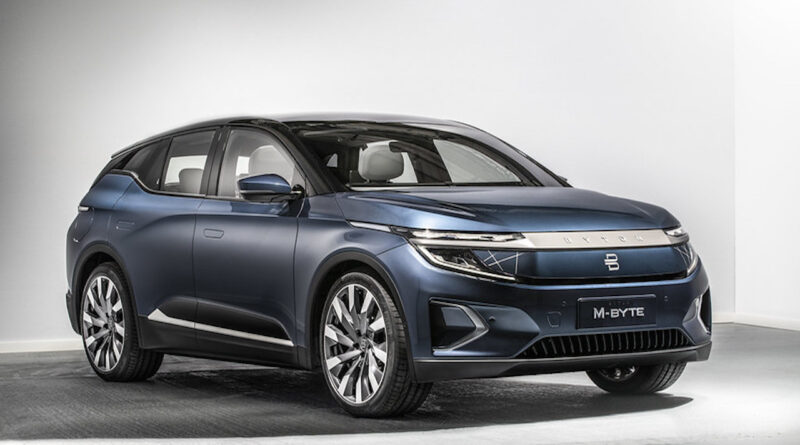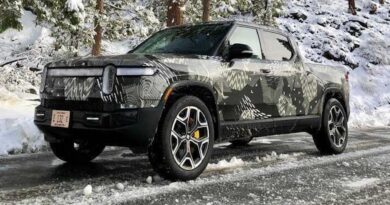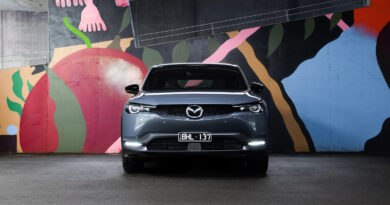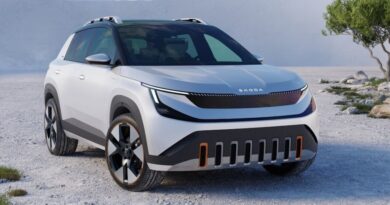COVID claims EV start-up Byton
The Chinese battery electric vehicle manufacturer Byton has suspended operations for six months blaming the impact of the coronavirus pandemic.
But there are serious doubts that Byton – perhaps best known for the massive 48-inch video screen atop the dashboard of its M-Byte SUV – will ever return to operations.
Byton was established in 2017 with backing from Chinese state-owned automaker FAW Group and battery supplier Contemporary Amperex Technology.
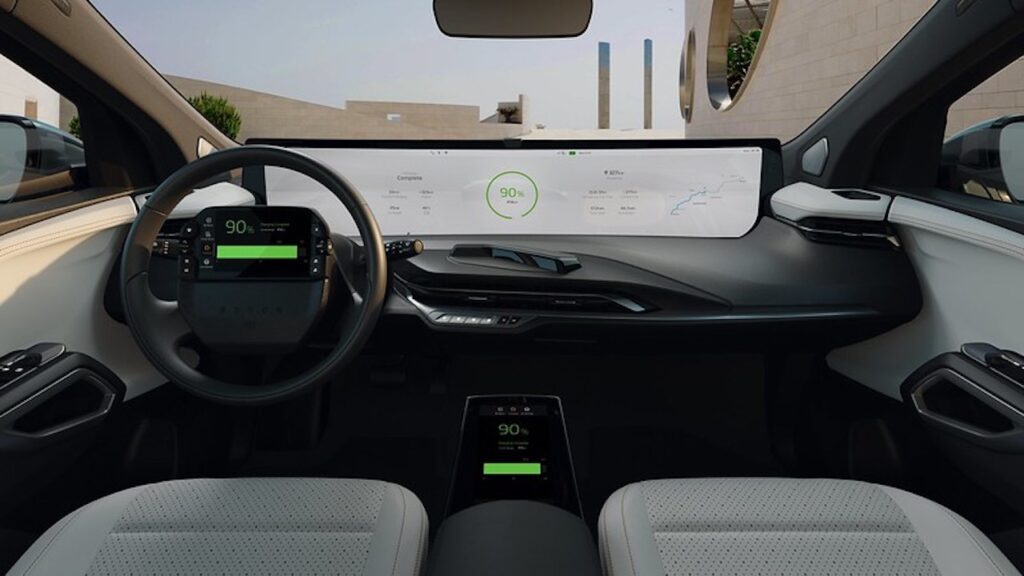
With management provided by a group of ex-BMW and Nissan staffers, a tooled up factory in Nanjing and design and engineering divisions in Europe and the USA its future looked strong.
Earlier this year it even announced plans to sell the M-Byte in both Europe and North America in 2021.
However, there had been some management shake-ups as far back as 2019, the Chinese on-sale date of the M-Byte was pushed back and staff furloughs were reported at its US site in April.
A Byton statement quoted by Automotive News read: “The new coronavirus epidemic has brought great challenges to Byton’s financing and production operations.
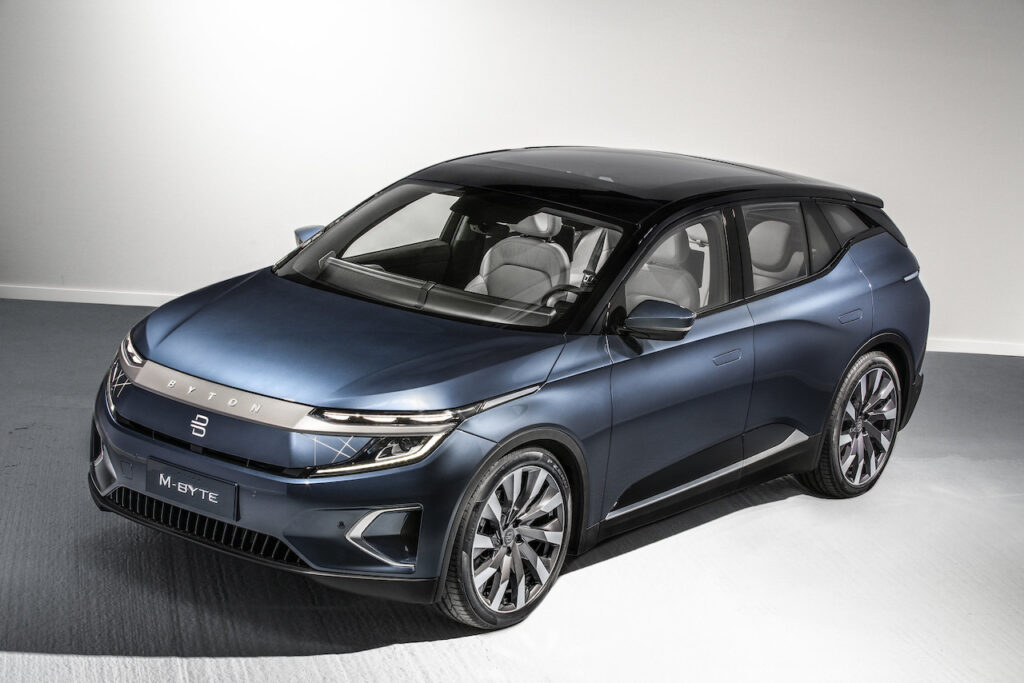
“After careful consideration and joint consultations with our shareholders and management, we have decided to, from July 1, kickstart a plan to lower employee costs and promote the company’s strategic reorganization.”
According to a company spokesman that means virtually all staff will be let go and production stopped for six months while management seeks funding to restart operations.
Byton is the latest in a series of EV start-ups to get into serious trouble, others including Faraday Future, LeEco and Nio.
The M-Byte was unveiled at the 2018 CES in Las Vegas. A 4.875m five-door SUV, it was slated to come with a choice of 71kWh or 95kWh lithium-ion battery packs, rear- or all-wheel drive and a driving range up to 520km.

